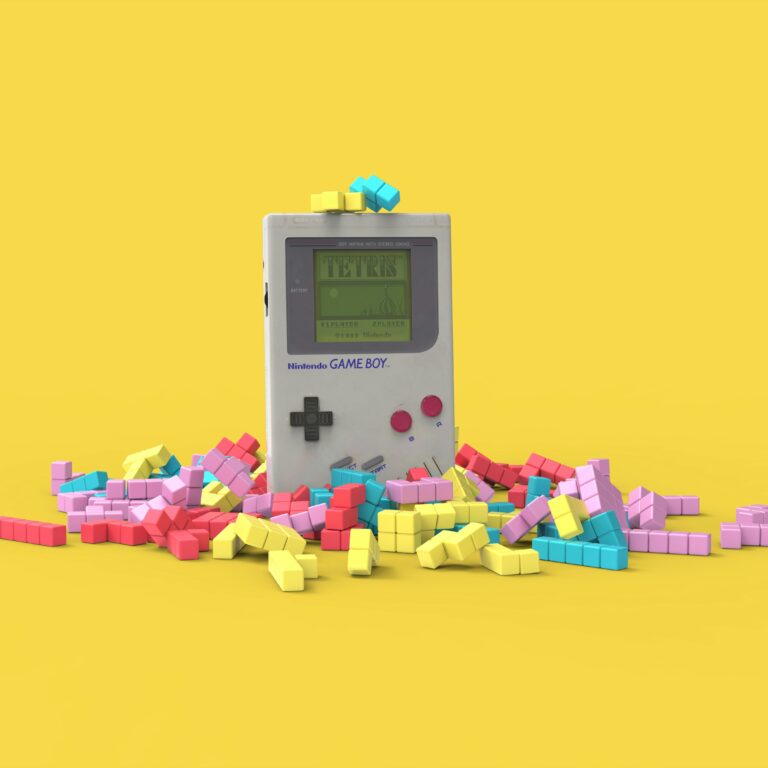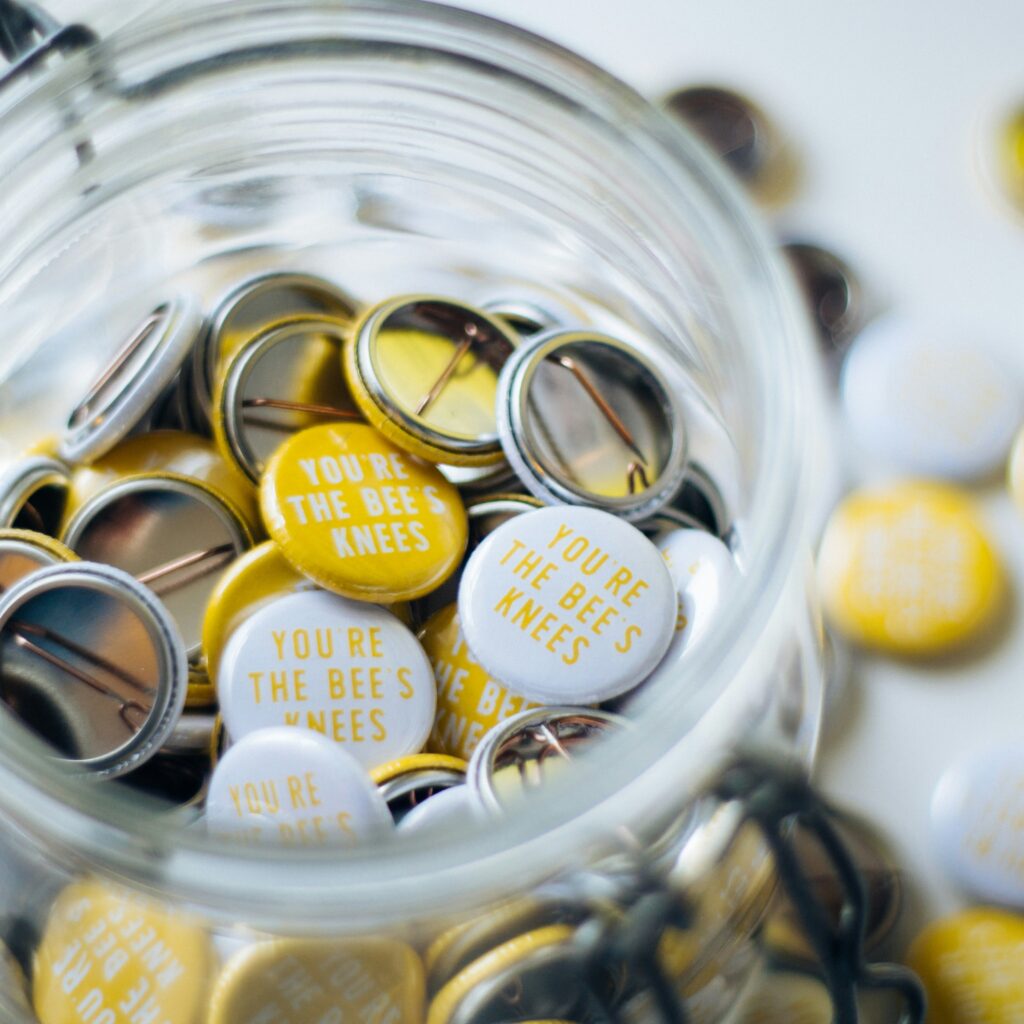Gamification and Micro-certification: Motivating Students for Green Action

Author: Lucie Brzáková
Published: 14/04/2025
What motivates students to care about the planet?
Is it facts about melting ice caps? Diagrams of supply chains? Perhaps. But in our experience, what truly works is something simpler and closer to home: recognition, curiosity, and a sense of achievement.
In the ACCESS project, we didn’t just want to tell pupils what circular behaviour is—we wanted to inspire them to act, and to feel proud when they did.
That’s why we built a gamified micro-certification system into the heart of the project. And the results were more powerful than we expected.
Learning, Bit by Bit
We designed 181 micro-lessons, each focused on one small aspect of circular behaviour—from “Why we don’t waste food” to “What does ‘reuse’ actually mean?”. Each lesson is short, simple, and visual, designed for children aged 6–11.
On their own, these lessons work beautifully. But we knew we could go further. What if we gave pupils a way to track their progress? What if we added quizzes? What if we rewarded their learning with digital badges?
That’s where the micro-certification platform came in.

Badges with Purpose
Each micro-lesson is linked to a short, interactive quiz. When pupils answer correctly, they earn digital badges—not just for participation, but for real understanding.
This not only makes learning playful and motivating—it also gives pupils a concrete sense of identity and progression in their sustainability journey.
Children love collecting badges. But what surprised us most was how it influenced their behaviour. Teachers reported more thoughtful conversations, more questions at home, and more small-but-significant changes in how pupils act in their everyday lives.
Teachers’ secret weapon
For teachers, the platform became more than a tool—it became a classroom companion. It helped:
- Structure green-themed lessons and activities
- Create short bursts of focused learning without prep time
- Introduce assessment and feedback in a non-threatening way
- Provide a visible, celebratory way to mark progress
And because everything is online and self-paced, the platform fits different teaching styles and school contexts—from group work in class to independent learning at home.
What This Means for Broader Education
While ACCESS focused on primary learners, the concept of micro-certification for green competences is just beginning to show its potential. It can be expanded to secondary education, vocational training, or even adult learning, adapted to match more advanced frameworks like GreenComp or DigCompEdu.
In an age of information overload, short, meaningful learning + clear recognition = impact.
Gamification, when done with purpose, isn’t about making learning easy. It’s about making it engaging, visible, and empowering.
Try it yourself
If you’re curious, visit our project website and explore the micro-certification platform. It’s free, open-access, and available in seven languages. Whether you’re a teacher, trainer, or policymaker, we invite you to see how microlearning and gamification can make sustainability education more effective—and more joyful.
Because when children feel like heroes of change, they’re more likely to become just that.
Visit the web: https://www.eco-bits.eu/access/.


Add a Comment